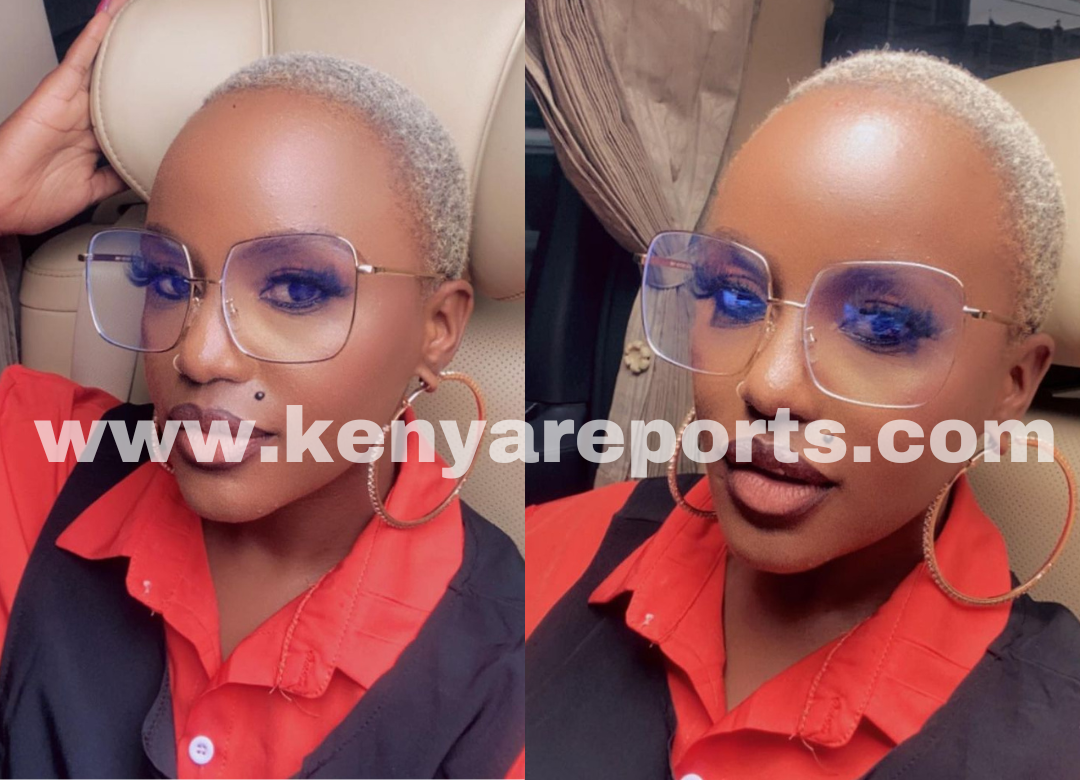Former curvy socialite Risper Faith is facing scrutiny for allegedly manipulating her images to achieve an idealized appearance.
The once curvaceous figure, now embracing the “slim thick” trend, has ignited a conversation about the prevalence of photo editing tools and the promotion of unrealistic body standards by celebrities.
Risper Faith, who has undergone a visible transformation, is being accused of digitally altering her photos to attain a seemingly perfect look. The controversy surrounding her photos adds to the ongoing debate about authenticity in the age of social media, where filters and editing tools can easily create illusions that defy reality.
Zari Hassan recently accused bloggers of video editing as the reason the 40 plus year old mother of five and socialite looked way older during interviews during her visit in Kenya.
The phenomenon, often dubbed “Instagram vs Reality,” sheds light on the pressure faced by celebrities to conform to society’s beauty standards. The question arises: Are all celebrities insecure about their appearance, leading them to perpetuate unrealistic body ideals?
It’s essential to recognize the power dynamics at play within the entertainment and social media industries.
Celebrities, who often serve as influencers, face immense scrutiny and societal expectations regarding their looks.
The constant exposure to public opinion can lead to insecurity, pushing some individuals to resort to digital enhancements to meet perceived standards of beauty.
The broader issue, however, is the impact on audiences. As celebrities promote altered images, it contributes to the normalization of unrealistic beauty standards, potentially fostering feelings of inadequacy among their followers.
The quest for unattainable perfection can perpetuate harmful notions of self-worth and body image.
View this post on Instagram
View this post on Instagram



